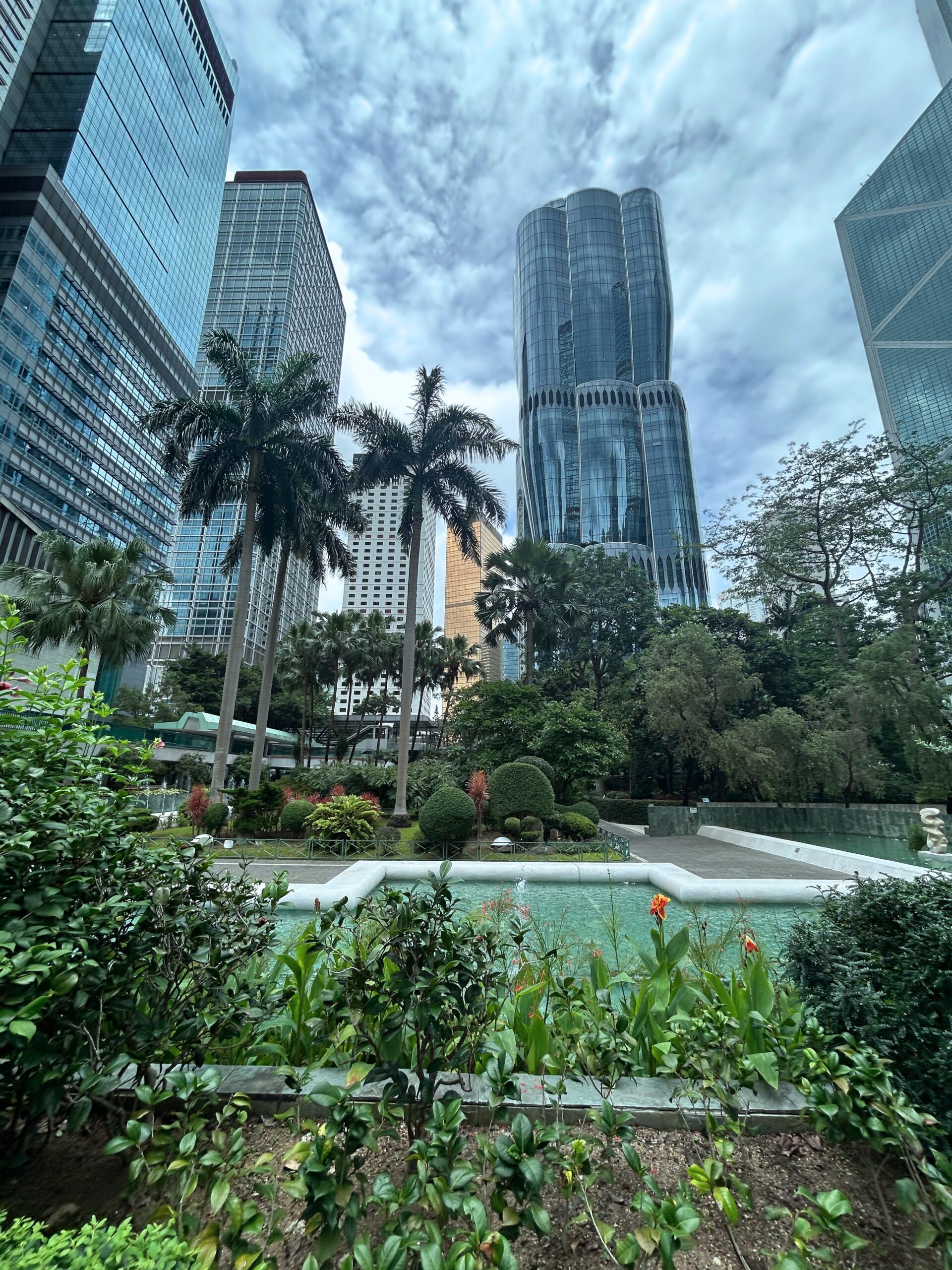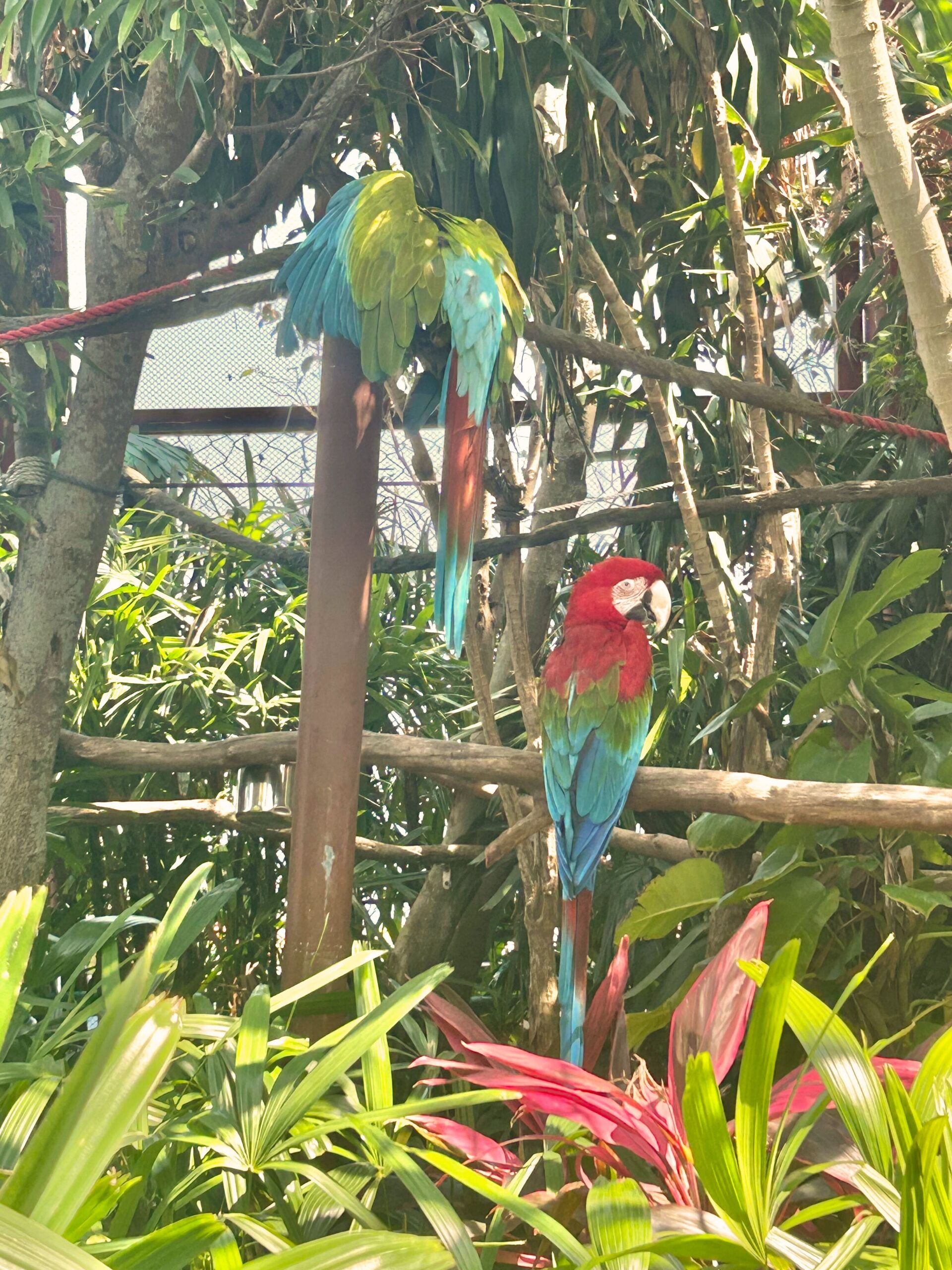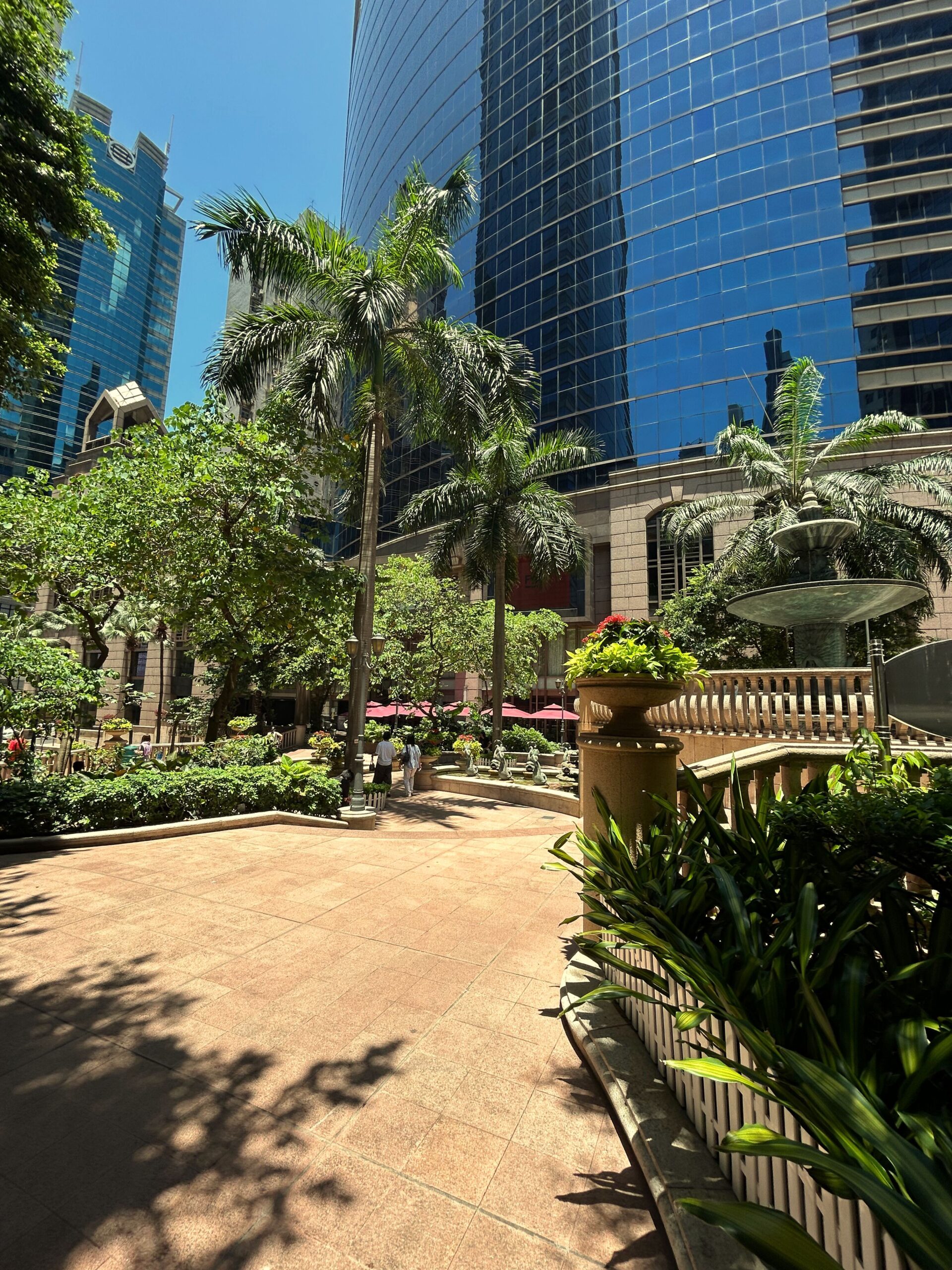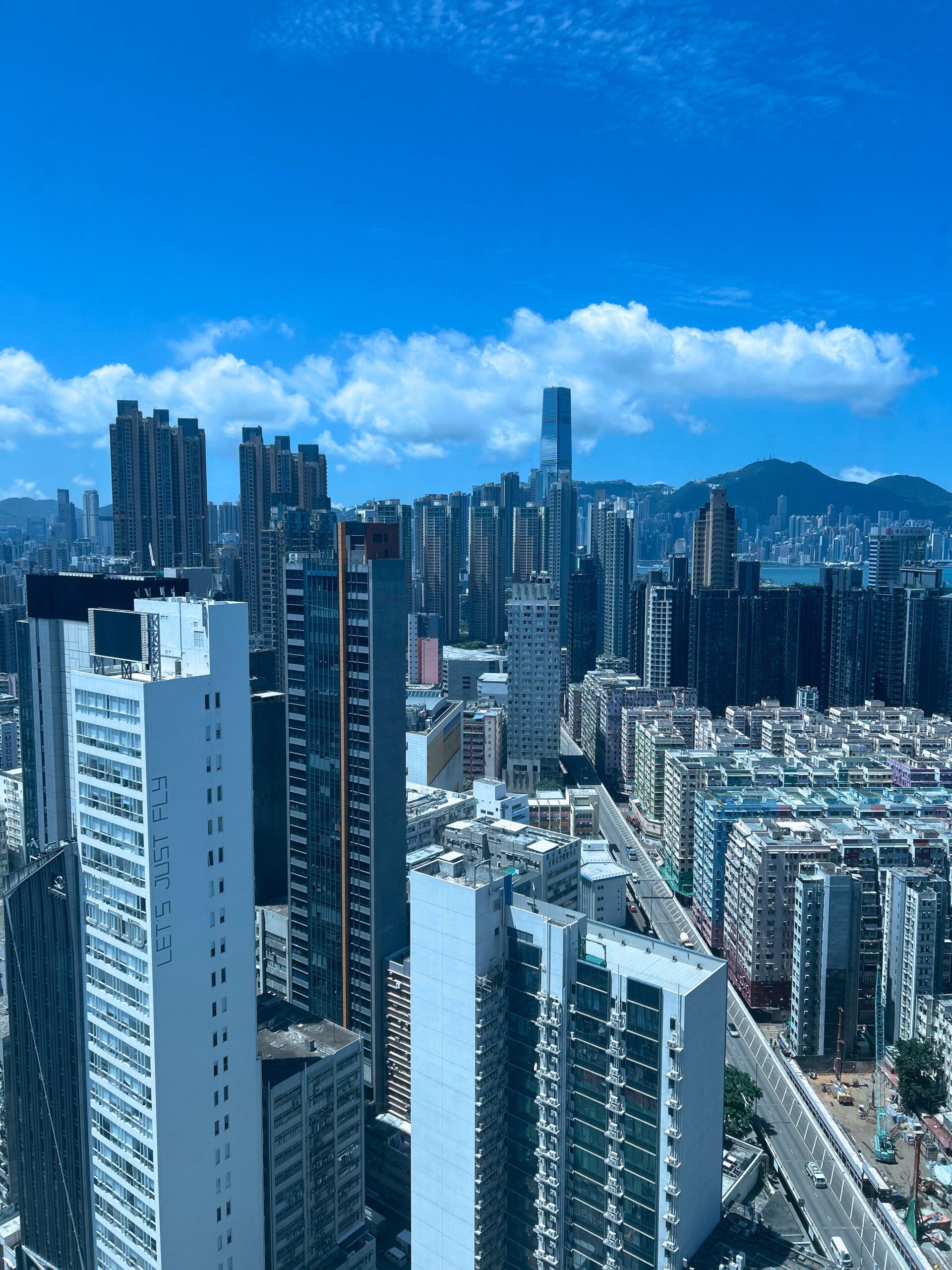
The Sauce
By: Ben Allen (CAS ’28)
GRIP: Elephant Community Press in Hong Kong
From tenth to twelfth grade, I attended a small, college-prep school called Miller. I can say with quite a degree of certainty that I wouldn’t be at Penn with the skills and confidence I now have without that school. Until this summer, though, I don’t think I could’ve told you with much accuracy what that school really gave me. But while teaching creative writing in Hong Kong this summer, I started to learn firsthand that Miller’s secret sauce wasn’t excellence or rigor— it was agency.
I grew up in Stuarts Draft, a small town that few ever left. Our schools felt like machines that pumped out loyal community members, teaching us trades, sports, and values that sustained the local society and economy.
The thought of never leaving that town terrified me. Would these be the people I go to college with? Work with? Invite to my wedding, raise my kids with, grow old with? In this place, where nothing seemed to ever happen? I knew I needed a way out.

At the risk of writing propaganda for my school, my way out was Miller. Although I didn’t know how to name it yet, that school gave me the place to individuate myself through art. The English faculty were professional writers who allowed me to write freely and creatively. My academic advisor connected me with a publishing company that had a branch in Charlottesville, and I worked under an exec who cared about my unique creative trajectory. Soon enough, I had my own literary magazine, publishing 90-page, highly designed annual issues. I was placing in national writing competitions and feeling empowered to take on a future as an author.
I say all this to point out the power of place. Not only did Miller have the resources to enable my self-guided projects, it had the culture that promoted such self-sufficiency.
Teaching in Hong Kong, I realized that learning this agency is an issue of class and race. My friend, who grew up in their education system, reported that many students never planned to leave Hong Kong, feeling that they were rotely fed into the corporate world to sustain themselves in a high-cost city. The political movement of “lying flat” epitomizes the hopelessness of some youth— ceding bodily control to a crushing system.
Indeed, I could only ever leave the Stuarts Draft machine because of the privileges I had then and carry into today: to afford tuition and daily transportation to a school thirty minutes away, to have the resources to complete an application to an institution, to have teachers willing and able to write me transfer recommendations— these privileges set me up to succeed at Miller. And these, of course, depend on the backbone of being white and middle-class. But what if that’s not who I was? What if I wanted the same things but didn’t have the platform to obtain them? Would I still be in Stuarts Draft, unsatisfied and unsure how to change my life?



Hong Kong exposed me to the reality of the education opportunity gap. But as a creative writing teacher, I realized the unique and crucial position I had in impacting my students’ lives. I came to believe that art restores to children their power over themselves. It is a place where a kid can feel entirely in control— where they decide what happens next. As the facilitator of this place, I knew that my thoughts on their art should mean much less than what they thought. Therefore, when a kid asked me what I thought of their writing, I asked, What do you think? When they asked where their piece should go next, I asked, Where do you think? As you can imagine, these questions initially elicited frustration from my students. What an uncomfortable thing to be refused guidance. But what a freeing thing, too. I attempted to give students an alternate picture of reality: what if there were no system? What if it was only them and what they could dream of?
Returning agency to children has become a deeply gratifying project of mine, one I can envision occupying the rest of my life. It is unfortunate that my time in Hong Kong was so short and the number of students I reached so humble. Unfortunate, as well, is that the reach of a teacher is always limited by the number of seats in their classroom.
But what if I could do more than help one cohort of students at a time? Instead of working on an individual level, what if I could challenge the oppressive systems from the top down? When a child first feels a rush of self-belief, what if they had the scaffolding to chase it— turn that flicker into a life? And what if I could be the start of that change?